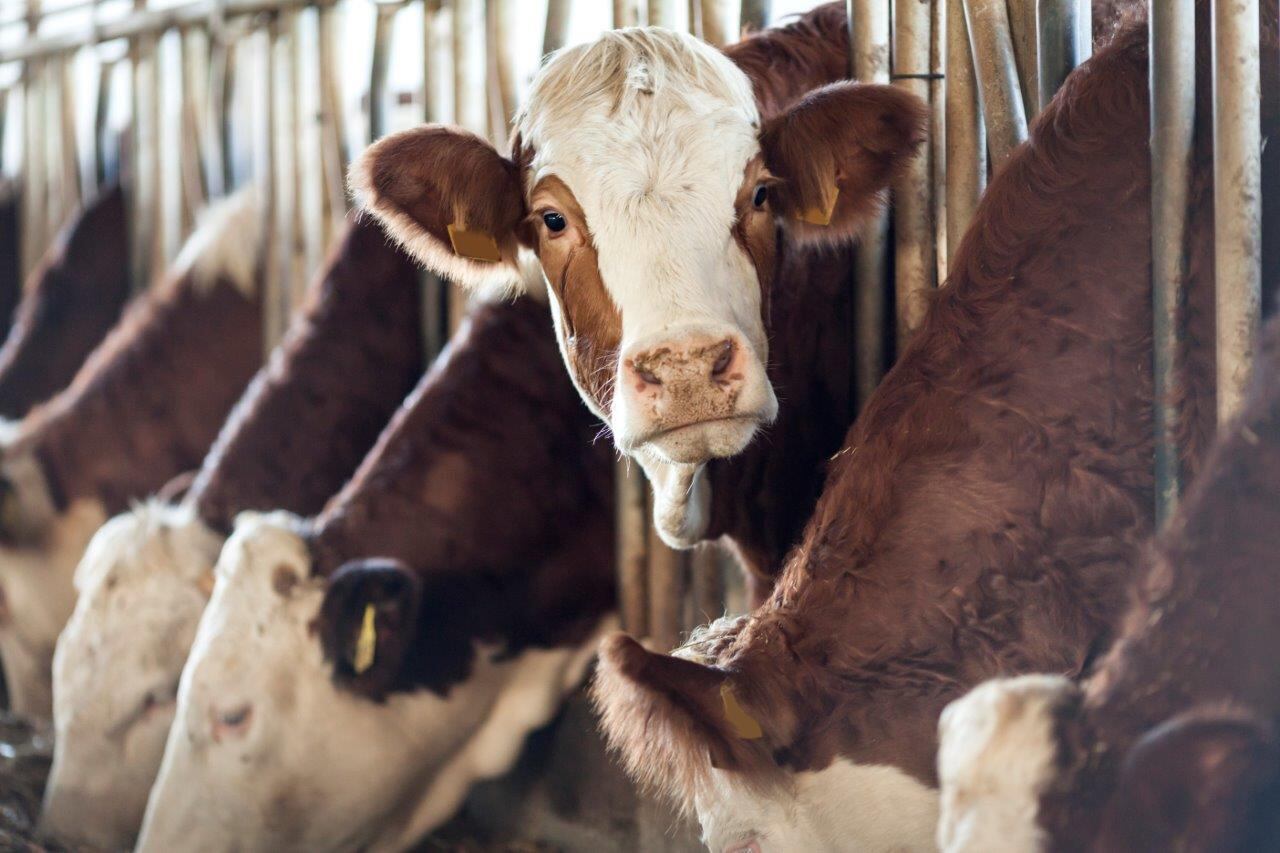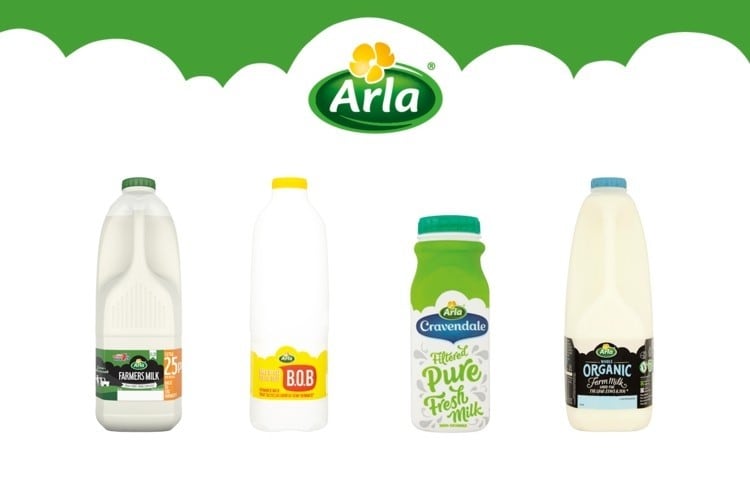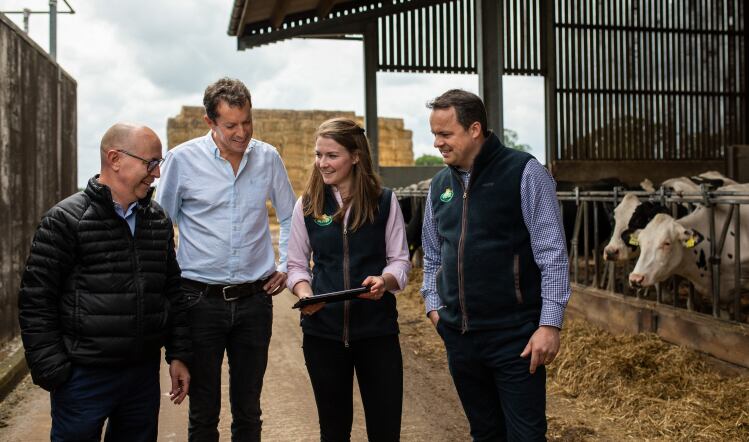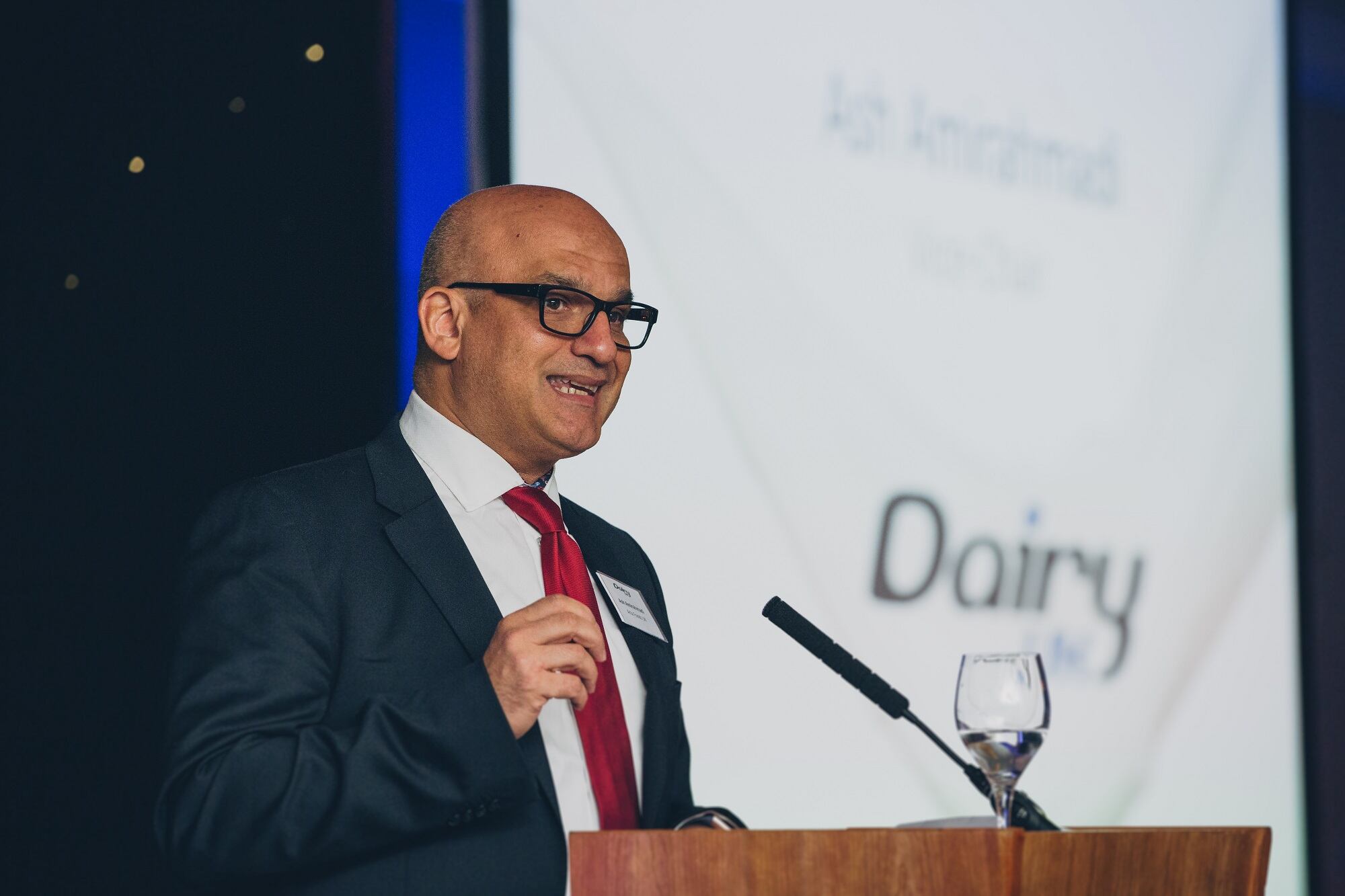Nestlé, Unilever, The Coca-Cola Company, Arla Foods, Barry Callebaut and Kerry are among the 22 farmer cooperatives, processors, buyers and retailers that have pledged to tackle sustainability issues under the Sustainable Dairy Partnership (SDP).
The SDP is built on the Dairy Sustainability Framework (DSF) and its 11 criteria that aim to tackle sustainability issues.
It includes five stages to help processors assess where they are on their sustainability journey and measure their impact.
Each company that produces dairy products is able to prioritise the most important issues relevant to them. Checks are streamlined and the companies will be required to produce a simple one-page report indicating their progress, while providing verification status and key performance indicators.
Deforestation, animal welfare and human rights
In addition to the DSF criteria, the SDP requires all participating processors to address the prevention of deforestation, the protection of animal welfare and human rights, and the assurance of compliance with local legislation.
Industry leaders announced their support for the SDP at the International Dairy Federation World Dairy Summit in Istanbul, which runs from 23–26 September.
Patricia Stroup, global vice-president and head of procurement for commodities at Nestlé, said the
SDP was the “next evolution” of the strong collaboration that the company had built with suppliers to meet consumer expectations.
“It now helps us to progress from activity-based to results-based management to further enhance our sustainability work,” Stroup added.
Jan Kees Vis, global director for sustainable sourcing development at Unilever and Sustainable Agriculture Initiative Platform president, said: “The SDP allows dairy suppliers to report progress on the most relevant issues. It represents a major step for the sector to move from compliance-based reporting to impact-based reporting.”
Multiple challenges in dairy
The SDP comes at a time when the dairy industry is facing multiple challenges in sustainable and responsible sourcing.
The SDP will help improve farm-level practices become more sustainable, said Miles Hurrell, chief executive at Fonterra Co-operative Group.
“The Sustainable Dairy Partnership will help recognise the hard work that our farmers have put into improving on-farm sustainability,” he said.
“To really improve measures on sustainability priorities, an aligned relationship between dairy buyers and processors is essential. By streamlining this relationship, the SDP recognises and reinforces the DSF as well as robust national and company programmes to improve sustainability performance at farm level.”
The SDP has been piloted across Europe, the US, and Australia and is expected to be in full use in the first half of 2020.
Milk provides a source of nutrition for six billion people worldwide and is a source of income for one billion, according to the Food and Agriculture Organization of the United Nations.
Sustainable Dairy Partnership members
The Sustainable Dairy Partnership was created by members of the Sustainable Agriculture Initiative Platform Dairy Working Group: Ahold Delhaize, Arla Foods, Barry Callebaut, Bord Bia, The Coca-Cola Company, Dairy Australia, Dairy Farmers of America, Danone, Ferrero, Fonterra, FrieslandCampina, Givaudan, Glanbia Ireland, Innovation Center for US Dairy, Kerry, Land O’Lakes, Mars Wrigley, Molkerei Ammerland, Nestlé, Reckitt Benckiser, Starbucks, Unilever.




